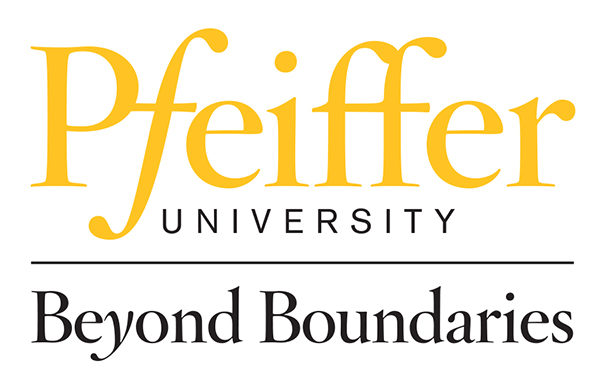
Pfeiffer University, a private four-year college in Misenheimer, announced on Thursday, July 29, that they were eliminating debt for 225 of their past and present students. The money to forgive the loans came from federal grants through the Higher Education Emergency Relief Fund (HEERF).
To receive the grants, students had to have unpaid balances and had to have been enrolled at Pfeiffer between March 13, 2020, and July 19, 2021. The total amount of debt paid was $425,000.
“Using the institutional share of Pfeiffer’s government aid was an easy decision for the University,” Shivon Lee, controller of Pfeiffer University, said in the press release. “To me, this is significant: Generally, if a student has a balance from a semester, they can’t proceed to the next semester until that old balance is satisfied. I am pleased the University chose to use these funds to allow our students to continue their educational pursuits.”
The announcement highlighted two students who received the grants. One of the profiled students, Jeremiah Darrell Schenck, a Gastonia native who plays on the school’s lacrosse team and is majoring in computer information systems, said the money couldn’t have come at a better time.
Schenk was unable to pay his last semester’s tuition, which prohibited him from continuing to attend classes and play athletics at Pfeiffer. The release said that Schenk’s mother had been injured on the job and was not able to work. This made it impossible for the family to cover the bills, and Schenk would have had to take time off to work full time to pay the tuition before returning.
The other student, Mackenzie Deanna Swetnam, is part of the 3/2 program, which allows a student to get both an undergraduate and graduate degree in five years. Swetnam is close to completing the undergraduate degree in business management and leadership and has more work ahead of her to complete the master of business administration.
Swetnam, like Schenk, was in a position where she would have been unable to continue at Pfeiffer, and said it would have been “several months” before she could work off her summer bills with the university. The HEERF funding will make it possible for Swetnam to continue in the dual-degree program while working to earn money and stay on top of tuition.
“I believe this validates Pfeiffer’s commitment to putting students first,” Lee said, adding that the students would not be required to stay enrolled with Pfeiffer to receive the funds. “This is not about Pfeiffer; it’s about helping our students continue their journey wherever that may lead.”
The move comes amid debates nationally on the subject, with U.S. Sen. Elizabeth Warren (D-Mass.) saying that “all President Biden has to do is flick his pen” and he can forgive $50,000 for all with student debt. Fellow Democrat, House Speaker Nancy Pelosi of California, disagreed, saying the move would be unfair to those who didn’t attend college and that any loan forgiveness would need to go through Congress rather than through a Biden executive order.
